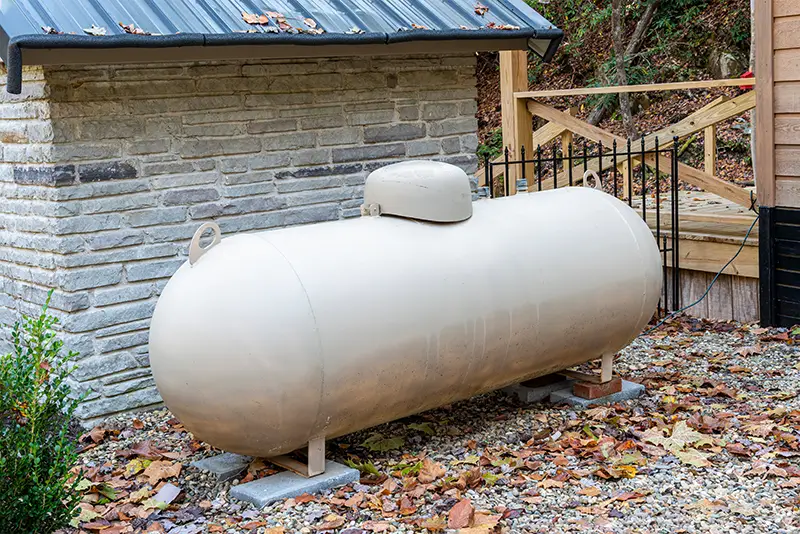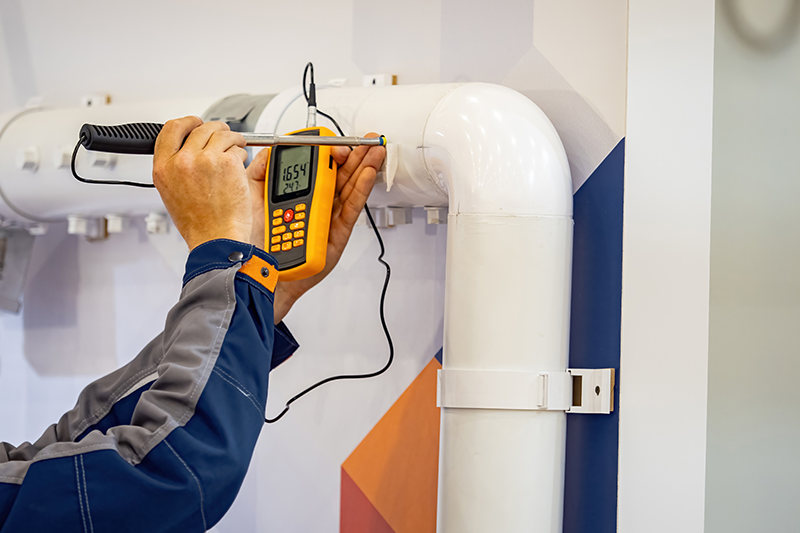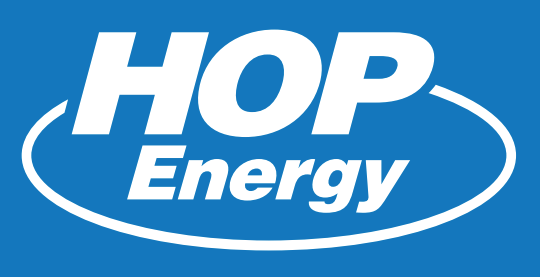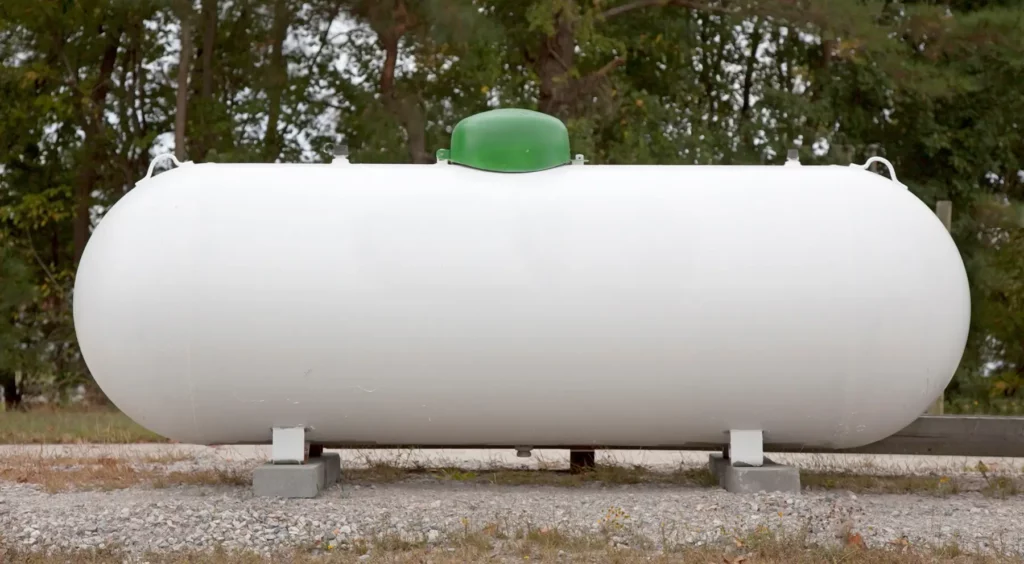Propane is a type of liquefied petroleum gas (LPG) commonly used as a home fuel source. It is a versatile and efficient energy option that can power various household appliances such as stoves, water heaters, furnaces, and generators. Propane is stored in tanks as a liquid under pressure and converted to gas when released for use.
Table of Contents
Understanding Propane
One of the key advantages of propane is its clean-burning properties. It produces fewer greenhouse gases than other fossil fuels, making it an environmentally friendly choice. Additionally, propane is highly efficient, which can lead to cost savings on energy bills for homeowners.
Another benefit of propane is its reliability. It can be used in remote areas where natural gas lines may not be available, providing a dependable energy source for heating and cooking. Propane appliances also have a longer lifespan and require less maintenance than their electric counterparts.
Understanding these basics about propane helps homeowners appreciate its benefits and emphasizes the importance of using it safely. The following sections will cover essential safety tips and guidelines to ensure propane is used effectively and securely in your home.
Propane Storage and Handling
Proper storage and handling of propane are crucial for safety. Always store propane tanks upright in a well-ventilated area away from any sources of heat or ignition. Never store tanks indoors or in enclosed spaces like basements or garages.
When handling propane tanks, check for any signs of damage, rust, or leaks. Use soapy water to check for leaks around the valve area—bubbles indicate a leak. Always follow the manufacturer’s guidelines for connecting and disconnecting tanks. Regularly inspect and maintain your propane equipment to ensure everything is in good working order.
Propane Appliances and Equipment
Ensuring the safe installation and maintenance of propane appliances is essential for preventing accidents and prolonging the life of your equipment. Here are some key points to consider:
Installation
- Always use a qualified technician to install propane appliances. Improper installation can lead to gas leaks and potential hazards.
- Ensure that all connections are secure and the appliance is properly vented to prevent the buildup of harmful gases like carbon monoxide.
Maintenance
- Regularly check your appliances for any signs of wear and tear. Look for rust, corrosion, or unusual smells indicating a problem.
- Clean your appliances as recommended by the manufacturer. This might include cleaning burner ports, checking pilot lights, and ensuring the flame is blue and steady.
Common Issues
- Be aware of common issues, such as a yellow or flickering flame, indicating incomplete combustion. If you notice this, turn off the appliance and contact a professional for inspection.
- If an appliance repeatedly fails to ignite, do not try to fix it yourself. This could be a sign of a more serious issue that requires professional attention.
You can prevent many potential safety hazards by keeping your propane appliances and equipment in good condition and correctly installing them. Regular maintenance enhances safety and improves efficiency and performance, ensuring you get the most out of your propane system.

Propane Leak Detection and Response
Being able to detect and respond to a propane leak is crucial for your safety. Here’s what you need to know:
Identifying Signs of a Propane Leak
- Smell: Propane has a distinct, strong odor similar to rotten eggs, making it easily detectable.
- Sound: Hissing sounds near a propane tank or appliance can indicate a leak.
- Visual: Look for frost on the tank or condensation on windows, which can be signs of a leak.
Steps to Take if a Leak is Suspected
- Evacuate the Area: If you suspect a leak, leave the area immediately. Do not use electronic devices or open flames, as they ignite propane.
- Shut Off the Gas: If safe, turn off the propane supply at the tank.
- To avoid Flames or Sparks, Do not turn on lights, use telephones, or do anything that could create a spark.
- Call for Help: Once you are at a safe distance, contact your propane supplier or the fire department. Only re-enter the area once it has been deemed safe by professionals like HOP Energy.
Importance of a Leak Detector
- Install propane gas detectors in your home, especially in areas where propane appliances are used. These detectors can warn early about a leak, giving you more time to react and ensure safety.
- Regularly test and maintain your detectors to ensure they are functioning properly.
Being vigilant about detecting propane leaks and knowing how to respond promptly can prevent accidents and protect your home and family. Always prioritize safety, and don’t hesitate to seek professional help when needed.
Emergency Preparedness
Having an emergency plan in place for propane-related incidents is essential for ensuring the safety of your household. Here’s how to prepare:
Creating an Emergency Plan
- Develop a Plan: Outline clear steps to follow in a propane emergency, including evacuation routes and designated meeting spots outside the home.
- Educate Family Members: Make sure everyone in your household understands the emergency plan and knows how to recognize the signs of a propane leak.
- Practice Drills: Conduct emergency drills regularly to ensure everyone is familiar with the procedures and can act quickly in a real situation.
Emergency Supplies
- Keep Essentials Handy: Maintain a readily accessible emergency kit with flashlights, batteries, a first-aid kit, and a fire extinguisher.
- Emergency Contacts: Post important contact information, including your propane supplier, local fire department, and other emergency services, in a visible location.
Evacuation and Safety Measures
- Know How to Shut Off the Gas: Ensure everyone knows how to turn off the propane supply at the tank in an emergency. Only do this if it is safe to do so.
- Avoid Re-entering the Area: Only re-enter your home once it has been inspected and declared safe by professionals.
Communicating with Professionals
- Report Emergencies: If you suspect a propane leak or experience any other propane-related emergency, contact your propane supplier immediately. Please provide them with all relevant information so they can receive the necessary assistance.
- Follow Guidance: Adhere to any instructions from emergency responders or propane professionals. Their expertise is crucial in ensuring safety.
By being prepared for emergencies and ensuring that all household members are informed and ready to act, you can greatly reduce the risks associated with propane use. Emergency preparedness is a vital component of overall propane safety.

Regulatory Compliance and Certifications
Adhering to local and national propane safety regulations ensures safe usage and avoids potential legal issues. Here’s what you need to know:
Understanding Regulations
- Local and National Standards: Familiarize yourself with the propane safety regulations and standards set by local authorities and national organizations such as the National Fire Protection Association (NFPA).
- Building Codes: Ensure that your propane installations comply with local building codes. These codes are designed to ensure propane systems’ safety and proper functioning.
Hiring Certified Professionals
- Qualified Technicians: Always hire certified professionals to install, inspect, and maintain propane systems. Certified technicians have the necessary training and expertise to handle propane safely.
- Verification of Credentials: Verify their credentials and certifications before hiring a technician. Reputable propane service providers such as HOP Energy will provide this information without issue.
Routine Inspections
- Regular Checks: Schedule regular inspections of your propane system by certified professionals. These inspections can identify potential issues before they become serious problems.
- Documentation: Keep detailed records of all inspections, maintenance, and repairs performed on your propane system. This documentation is important for regulatory compliance and future reference.
Safety Compliance
- Adherence to Guidelines: Follow all safety guidelines from your propane supplier and equipment manufacturers. These guidelines are based on industry best practices and regulatory requirements.
- Proper Use of Equipment: Use propane appliances and equipment strictly per the manufacturer’s instructions. Avoid modifications or unauthorized repairs that could compromise safety.
Staying informed about regulatory requirements and ensuring that certified professionals perform all propane-related work is crucial for maintaining a safe and compliant propane system in your home. This enhances safety and provides peace of mind, knowing that your propane usage meets all necessary standards.
Propane Safety for Specific Scenarios
Grilling with Propane
- Location: Always use propane grills outdoors in a well-ventilated area, away from overhangs, trees, and other flammable materials.
- Inspection: Before each use, check the grill’s hoses and connections for leaks. Look for cracks, holes, or signs of wear.
- Operation: Follow the manufacturer’s instructions for lighting and operating the grill. Never leave the grill unattended while in use.
Using Propane Heaters
- Ventilation: Properly vent propane heaters to prevent carbon monoxide buildup. Use only in well-ventilated areas.
- Safety Features: Choose heaters with safety features such as automatic shut-off if tipped over.
- Clearance: Keep flammable materials at least three feet away from the heater. Do not use heaters as drying racks for clothing or other items.
Propane Generators
- Outdoor Use: Operate propane generators outdoors to avoid carbon monoxide poisoning. Position them away from windows, doors, and vents.
- Regular Maintenance: Perform regular maintenance as the manufacturer recommends to ensure efficient and safe operation.
- Proper Storage: Store the propane generator tank in a cool, dry place away from direct sunlight and other heat sources.
Conclusion
Propane is a reliable and efficient energy source for many households, offering numerous benefits when used safely and correctly. Understanding propane basics, proper storage and handling, maintaining appliances, detecting and responding to leaks, being prepared for emergencies, and adhering to regulations are all critical components of propane safety.
By following the guidelines outlined in this article, you can ensure that your propane system operates safely, protecting your home and loved ones from potential hazards. Regular maintenance and vigilance are key to preventing accidents and enjoying the full advantages of using propane.
If you’re looking for propane delivery or need assistance with propane tank installation, contact HOP Energy for reliable and professional service. Our certified technicians are ready to help with all your propane needs and ensure your system is safe and efficient.




